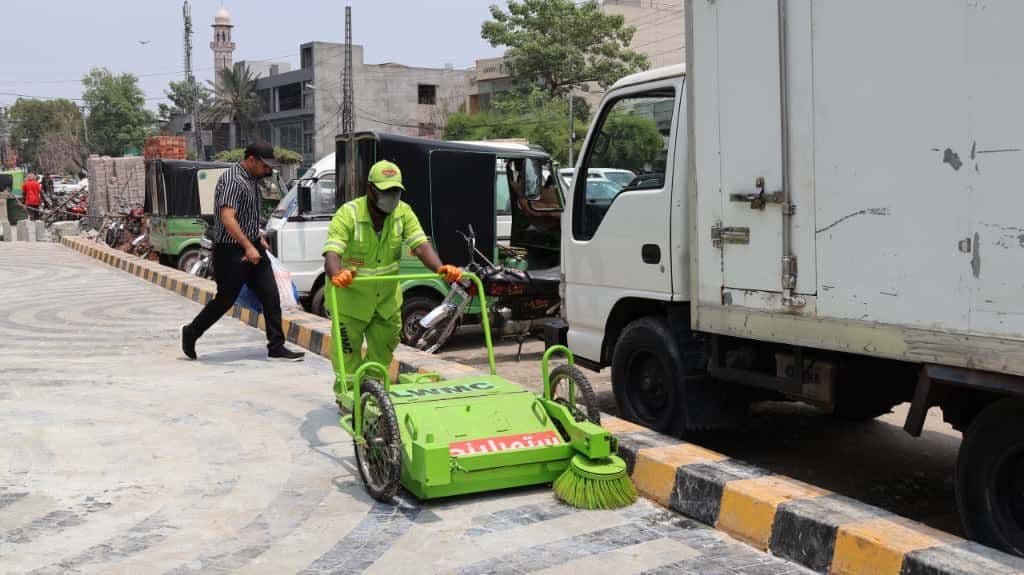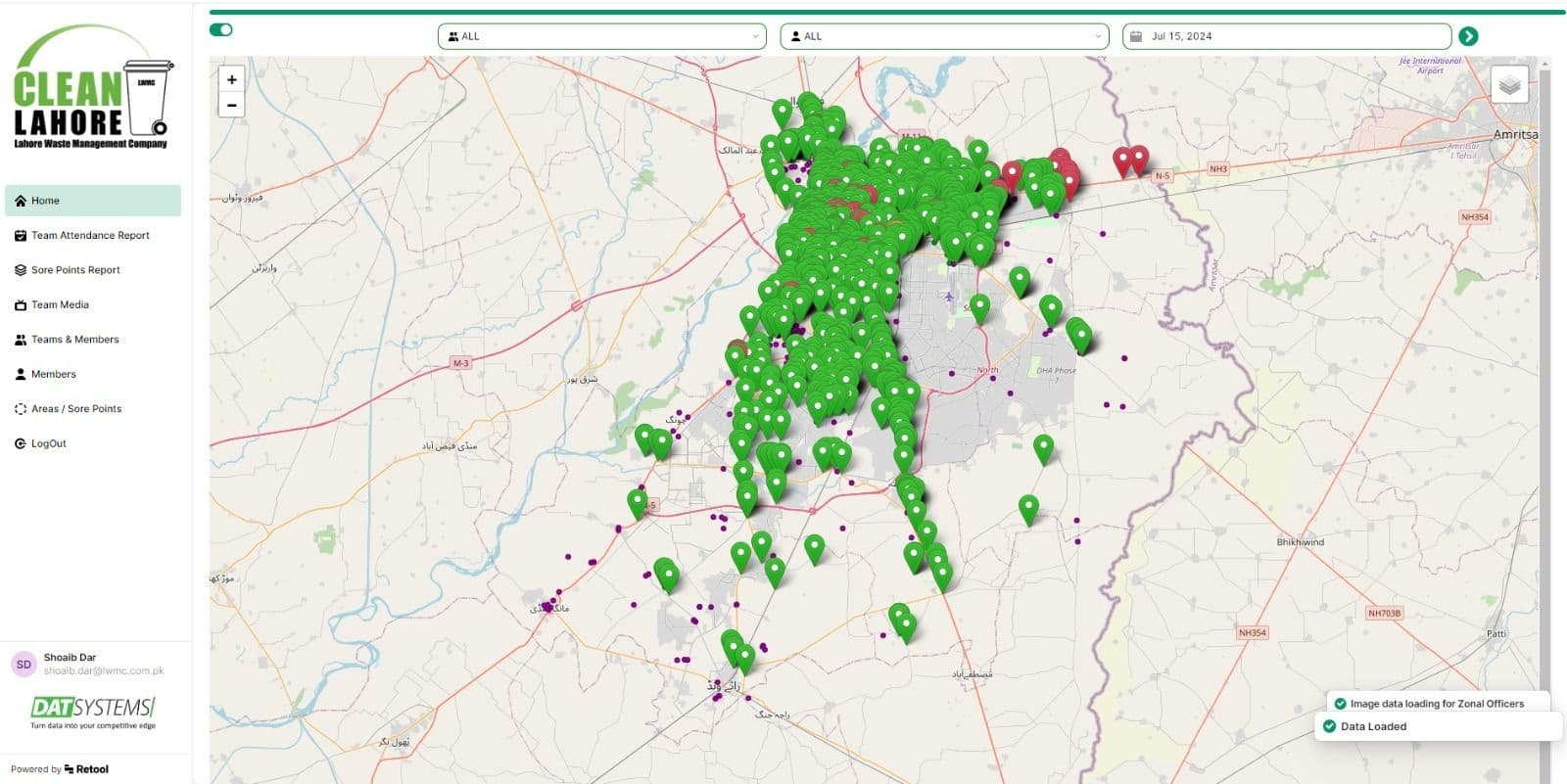Suthra Punjab: A Clean Revolution for a Brighter Future
How Chief Minister Maryam Nawaz Sharif's visionary initiative is transforming waste management and bringing systematic cleanliness to every corner of Punjab.
Punjab, the heart of Pakistan, is home to vibrant communities, fertile lands, historic cities, and bustling towns. But behind this beauty lay a growing and persistent challenge—solid waste mismanagement. For decades, cities and villages struggled with mounting piles of garbage, clogged drains, and a lack of structured waste collection systems. Streets, neighborhoods, and rural settlements were often left at the mercy of overflowing waste points, leading to environmental degradation and an overall decline in the quality of life.
Every single day, more than 55,000 tons of waste remained unattended across Punjab. The existing waste management systems could not keep up with rapid urbanization, population growth, and expanding municipal boundaries. Smaller towns and villages, in particular, were neglected. Their cleanliness issues rarely made it to the mainstream agenda. It became clear that Punjab needed a bold, visionary initiative to address this challenge from the ground up.
This turning point came when Maryam Nawaz Sharif, the daughter of Punjab, took charge as Chief Minister. Understanding the depth of the sanitation crisis, she launched the Suthra Punjab Program—a groundbreaking initiative aimed at bringing systematic cleanliness and waste management services to every corner of the province, from large metropolitan cities to remote villages.
This program isn't just about cleaning streets; it represents a cultural shift. It focuses on building modern waste collection systems, introducing technology for real-time monitoring, and empowering communities to take responsibility for their surroundings. Through this program, Punjab is witnessing a new era of cleanliness, health, and dignity for its citizens.
At its heart, Suthra Punjab has a powerful vision: to make Punjab a clean, healthy, and livable province by transforming sanitation services through innovation, accountability, and community engagement. Its mission revolves around establishing efficient and sustainable waste management systems in both urban and rural settings, promoting digitalization and data-driven planning to ensure transparency and quick action, encouraging citizen involvement so cleanliness becomes a shared responsibility, and guaranteeing equitable service delivery, ensuring that every village, town, and city receives the same level of attention.
This vision is backed by practical strategies, modern equipment, trained manpower, and strict monitoring mechanisms. Before this initiative, Punjab's sanitation sector was fragmented and under-resourced. Many towns had no proper waste collection systems. Rural areas were often entirely overlooked, forcing residents to dispose of waste in open spaces, drains, or fields. This not only created visual pollution but also led to severe health problems, such as waterborne diseases, mosquito breeding, and respiratory issues due to burning waste.

The scale of unattended waste—over 55,000 tons daily—was alarming. Without a centralized vision, local efforts remained scattered and unsustainable. This is where Suthra Punjab stepped in to bridge the gap between policy and implementation, ensuring that cleanliness is not treated as a temporary campaign but as a continuous, structured service.
The impact of Suthra Punjab is already visible. Streets that were once cluttered with waste are now regularly cleaned. Digital dashboards and mobile apps are enabling real-time complaint registration and quick response. Sanitation workers are better equipped and supervised, ensuring greater accountability.
In villages and smaller towns, where waste services were previously nonexistent, structured collection systems have brought a noticeable improvement in hygiene. Communities are taking pride in their clean surroundings, and a sense of ownership is growing among citizens. Schools, health centers, and markets are benefiting from cleaner environments, which contribute directly to better public health and social well-being.
What sets Suthra Punjab apart is its long-term vision. It's not a one-time campaign or seasonal activity. It's a movement designed to bring lasting behavioral change. By blending technology, community engagement, and strong political commitment, the initiative is setting new standards for public service delivery in Pakistan.
The program reflects a simple yet powerful idea: cleanliness is a collective responsibility. The government is providing systems, tools, and leadership, but citizens are equally encouraged to participate, report, and sustain the change. Suthra Punjab is more than just a sanitation project—it's a symbol of hope, progress, and transformation. By addressing decades-old waste management challenges with innovation and commitment, the program is paving the way for a cleaner, healthier, and more dignified Punjab.
With consistent efforts, community support, and visionary leadership, this clean revolution is set to leave a lasting legacy for future generations. Punjab is not just cleaning its streets—it is building a culture of cleanliness, responsibility, and pride that will define the province for years to come.



